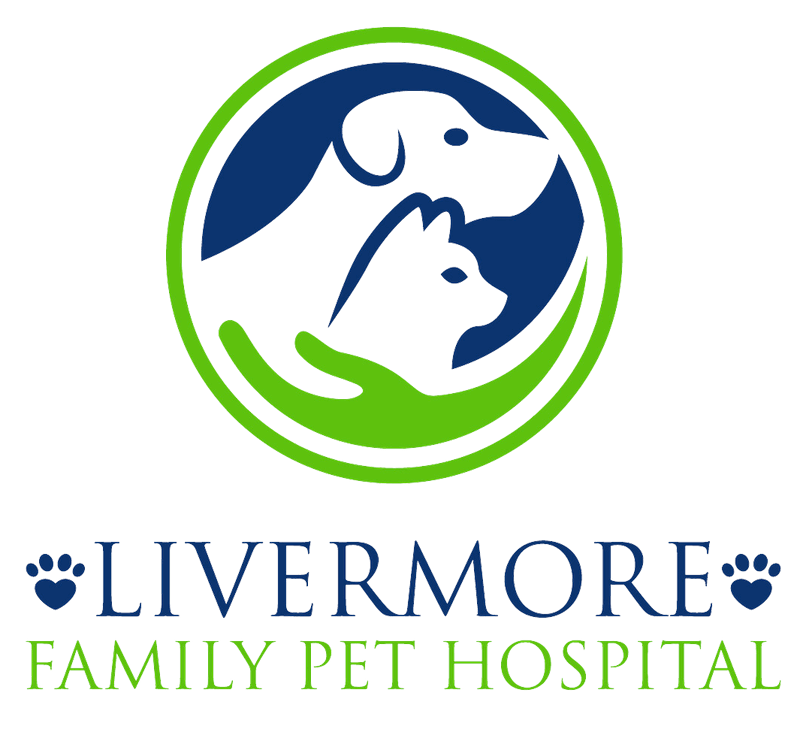Keeping Your Pet Safe in the Heat: Understanding Heat Stroke in Pets
What is heat stroke?
Heat stroke is caused by exposure, even short-term, to hot and humid environments, especially during strenuous exercise like going for a long walk or a hike. Even leaving your pet in a spot without adequate shade and access to water can cause a dog, or even a cat, to overheat. Definitely do not leave your dog in the car, even for a few moments. The temperature in a car rises rapidly, even when it's parked in the shade. Heat stroke is a medical emergency and often requires intensive medical care to save a life.
Which pets are at higher risk for heat stroke?
While all pets are susceptible to heat stroke, risk factors increase for pets that are elderly, overweight, or brachycephalic, which includes pugs, bulldogs, and short-nosed breeds. If they're thick-coated or dark-coated, and have respiratory or cardiac disorders, these can create further complications, making it easier to get heat stroke and more difficult to stabilize.
What should I do if I am worried about my pet overheating?
If you are worried about your pet overheating, try to help them cool down gently. Place a wet, lukewarm, or cool (not cold) towel on their feet and place them in front of an air conditioner on the way to the hospital. Do not soak your pet with ice-cold water, as this can quickly turn to hypothermia and make things significantly worse.
What are the signs of heat stroke?
Signs of heat stroke include heavy panting, drooling, bloody diarrhea, vomiting, confusion, weakness, seizures, and collapse. These are all signs you need to head to an emergency hospital immediately.
How can I prevent heat stroke in my pet?
The best ways to prevent heat stroke are to never leave your dog in a car unattended. Avoid strenuous exercises in hot and humid weather, provide access to shade while outside, offer frequent opportunities to drink water, avoid walks during the hottest time of the day, and remain indoors during periods of extreme heat and humidity. These are the best methods to keep your pet safe. Remember, if you do need medical assistance, don't hesitate. Reach out immediately to find help.
If you have questions, we would love to answer them for you. Please give us a call at the office at (925) 744-6421, or you can email us at [email protected]. Our staff would love to talk with you!
Don't forget to follow us on social media Facebook, Instagram.

